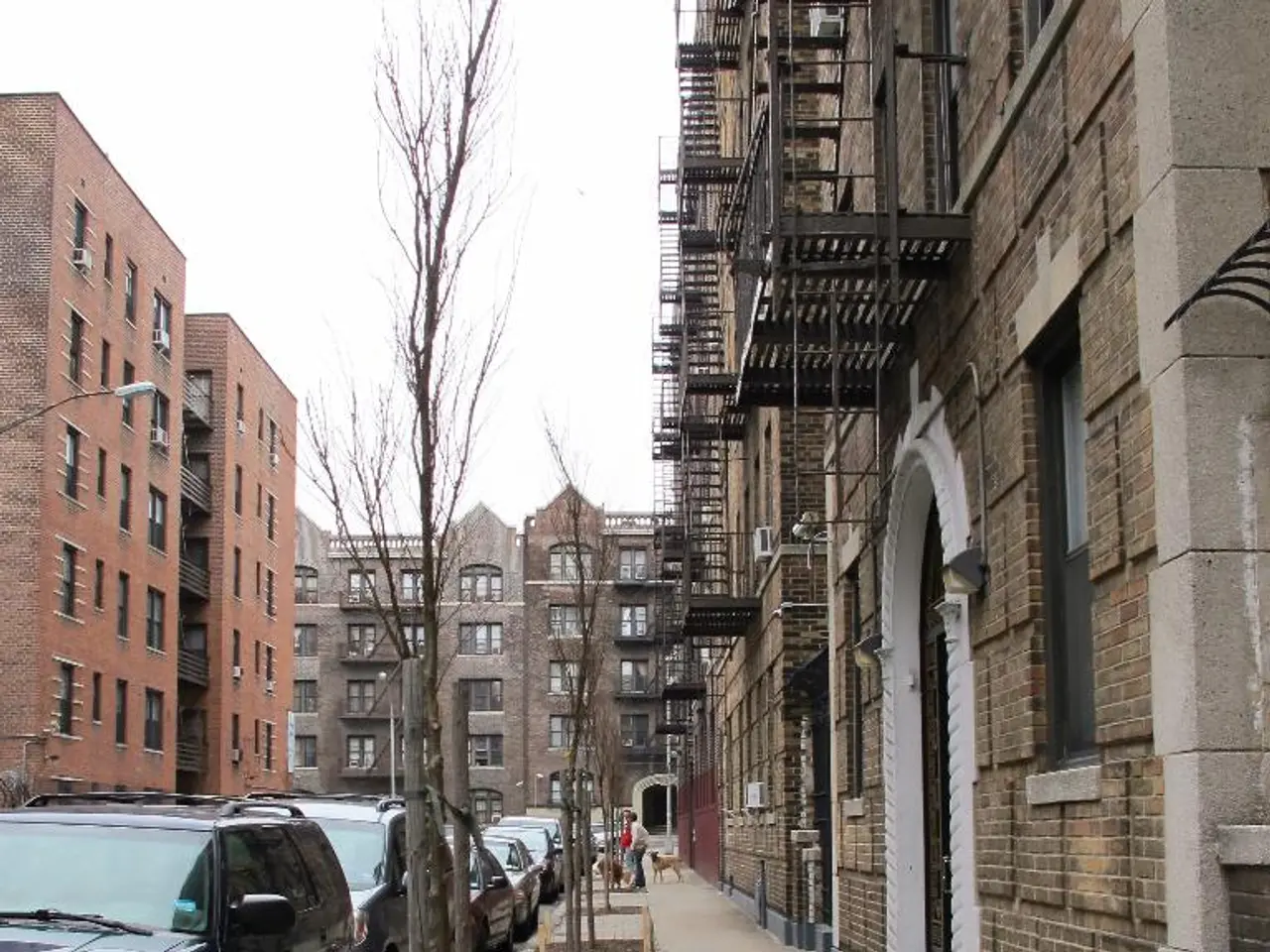Former Malian prime minister to face court for social media content, legal representative reports
Moussa Mara, the former Prime Minister of Mali, is set to stand trial on September 29, 2025, for a social media post criticizing the shrinking democratic space under military rule. The charges against Mara include undermining the credibility of the state, spreading false information, inciting public disorder, and undermining state authority [1][2][3][4][5].
The trial comes amidst a significant shrinking of democratic space in Mali since military rule returned in 2020 under Colonel Assimi Goita. The military junta has dissolved political parties, detained activists, and cracked down on dissent and criticism—especially targeting those critical of its human rights record, governance of the Islamist insurgency, and delays in returning to civilian rule. In June 2025, the junta extended its rule by another five years, despite earlier promises of elections, further limiting democratic freedoms and political pluralism [1][2].
Mara has been vocal about moves to dissolve political parties and grant the military government a five-year mandate without elections. He was previously summoned for questioning over a social media post expressing solidarity with government critics who have been jailed [1][2].
Mali is currently grappling with a long-running jihadist insurgency, and the term of the military government can be renewed as many times as necessary in response. The group Jama'at Nusrat Al-Islam wal-Muslimin (JNIM), an Al-Qaeda-linked group, has been responsible for a surge of deadly attacks in Mali [1][2]. JNIM has grown increasingly sophisticated and has amassed substantial resources through raids, cattle rustling, hijackings, kidnappings, and taxes on local communities [1][2].
Recently, an ambush on a convoy of Malian soldiers and Russian mercenaries was reported in the Tenenkou locality in central Mali by both JNIM and Mali's army. However, no death toll was given [1][2].
The military government, led by Assimi Goita, was approved for a five-year term last month [1][2]. Despite the ongoing challenges, it remains to be seen how the trial of Moussa Mara and the broader political situation will unfold in the coming months.
[1] BBC News. (2025, September 1). Mali: Former PM Moussa Mara faces trial for social media post. BBC. https://www.bbc.com/news/world-africa-58276114
[2] Reuters. (2025, September 1). Mali's former PM Mara faces trial over social media post criticizing military rule. Reuters. https://www.reuters.com/world/africa/malis-former-pm-moussa-mara-faces-trial-over-social-media-post-criticizing-2025-09-01/
[3] Al Jazeera. (2025, September 1). Mali's former PM Moussa Mara to face trial over social media post. Al Jazeera. https://www.aljazeera.com/news/2025/9/1/malis-former-pm-moussa-mara-to-face-trial-over-social-media-post
[4] The Guardian. (2025, September 1). Mali's former prime minister Moussa Mara faces trial over social media post. The Guardian. https://www.theguardian.com/world/2025/sep/01/mali-former-prime-minister-moussa-mara-faces-trial-over-social-media-post
[5] France 24. (2025, September 1). Mali: Former PM Moussa Mara to face trial for social media post criticizing military rule. France 24. https://www.france24.com/en/africa/2025-09-01-mali-former-pm-moussa-mara-to-face-trial-for-social-media-post-criticizing-military-rule
- The world news is abuzz with the upcoming trial of Moussa Mara, Mali's former Prime Minister, on September 29, 2025, for a social media post critical of the military rule.
- The trial comes in the midst of increasing concerns about the shrinking democratic space in Mali, as the military junta has been reported to dissolve political parties and detain activists.
- As the military government, led by Assimi Goita, faces charges of undermining democratic freedoms and political pluralism, the general news is rife with discussions about war and conflicts, particularly the jihadist insurgency that Mali is currently grappling with.
- Meanwhile, in the realm of politics and crime-and-justice, Mara's trial shed light on the birth of a new breed of political dissidents who face charges for criticizing their government.






